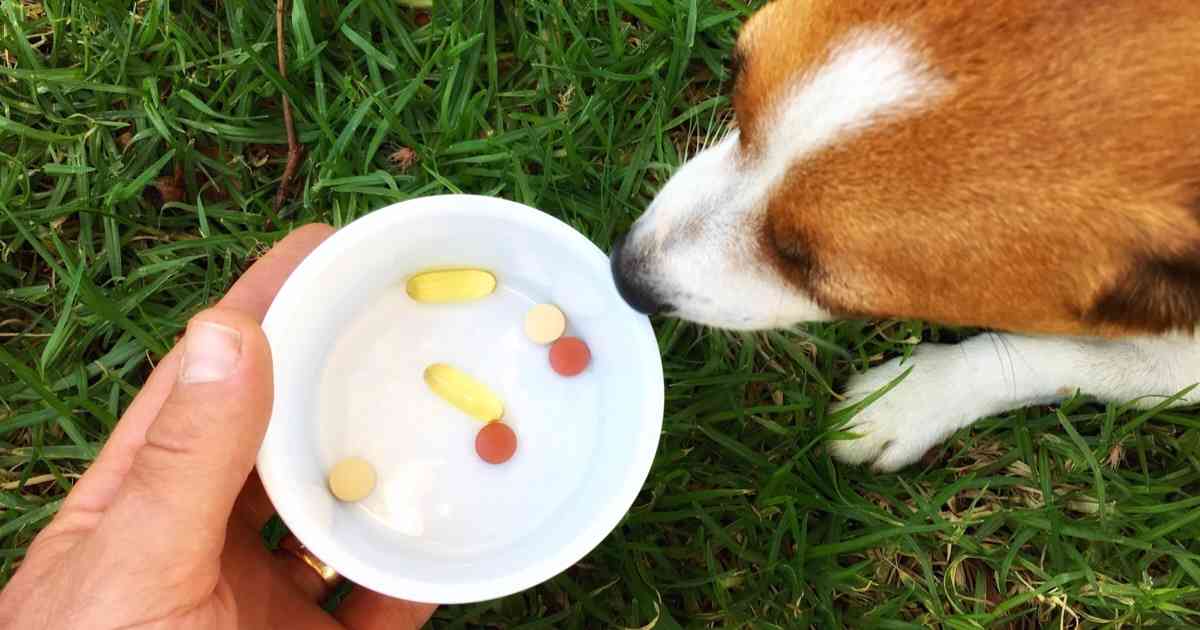Smart Ways to Donate Eggs and Enhance Your Fertility in 2025

Essential Guide to How to Donate Eggs: Improve Fertility Success in 2025


Understanding the Egg Donation Process
Donating eggs is a life-changing decision that helps countless couples struggling with infertility. The **egg donation process** involves several key steps, from the initial screening of potential donors to the final egg retrieval procedure. Each phase is designed to ensure the safety and health of donors while maximizing the chances of success for intended parents. In 2025, understanding these steps will be crucial for anyone considering becoming an egg donor.
Becoming an Egg Donor: Initial Steps
The journey begins with understanding the **egg donor requirements** and finding a suitable egg donation clinic. Potential donors typically undergo a preliminary screening to assess their eligibility. Clinics evaluate medical history, health, and lifestyle factors. It's essential to understand the **health history for egg donors**, including any genetic conditions prevalent in families. Furthermore, undergoing a detailed **psychological screening for egg donors** ensures that candidates are mentally prepared for the donation process. It’s vital for donors to engage actively in understanding what it means to participate in this journey.
Hormone Treatment for Egg Donation
Once accepted, donors begin the **hormone treatment for egg donation** phase, which stimulates the ovaries to produce multiple eggs in a single cycle. This treatment usually spans several weeks and requires regular monitoring through blood tests and ultrasounds to ensure that the donor’s body responds appropriately. Understanding potential side effects, such as ovarian hyperstimulation syndrome (OHSS), is crucial for every potential donor. Knowledge of the entire **egg retrieval process** will empower donors to make informed decisions regarding their participation.
Medical Evaluation and Legal Considerations
Before proceeding to retrieval, a comprehensive medical evaluation is crucial. This evaluation assesses overall reproductive health and includes tests for sexually transmitted diseases. Understanding **legal considerations in egg donation**, such as consent agreements and parental rights, is equally important. Potential donors should consult with their chosen clinic or an attorney specializing in reproductive health to clarify all aspects of legal obligations and protections in egg donation.
Benefits of Egg Donation
Donating eggs not only assists in building families but also offers various personal and financial benefits. Many egg donors report feelings of empowerment and fulfillment from knowing that they are helping individuals and couples achieve their dreams of parenthood. **Financial compensation for egg donation** can be significant, depending on the donor's qualifications, the donation process, and the agreements made with the clinic. It’s crucial for potential donors to be informed about payment structures and any additional benefits provided by **egg donation organizations**.
Emotional Impact of Egg Donation
An often-overlooked aspect of the egg donation journey is the **emotional impact of egg donation**. While many women feel proud to contribute to another family's happiness, it can also come with an emotional toll. Support groups and counseling options are vital resources for donors to navigate their feelings throughout the process and **post-donation care** can help address any lingering emotional questions or challenges.
Connecting with Intended Parents
The **matching process between donors and intended parents** is crucial and can vary widely between clinics. Some donations are anonymous, while others allow for a more open relationship between donor and family. Understanding the implications and options available during this **egg donation matching process** can significantly affect a donor's experience. Clear communication about these considerations will foster a supportive environment throughout the journey.
Insights into Egg Donation Stories
Real-life **egg donation stories** can offer invaluable insights from those who have previously donated. Hearing firsthand experiences about the **egg donation journey** can demystify the process and assist new donors in making informed decisions. Primarily, these stories often highlight triumphs and challenges alike, illustrating the profound impact of egg donation on families navigating infertility. This exchange of personal narratives creates a sense of community among donors.
Choosing the Right Egg Bank and Clinic
Selecting an **egg donation clinic** and a reputable egg bank is fundamental to a successful donation experience. Potential donors should research various **egg donation programs** available, including their success rates and donor screening processes. Investigating the clinic’s policies on donor anonymity, timelines, and compensation can help align expectations between potential donors and receiving families.
Educational Resources for Donors
Prospective donors should not hesitate to utilize available educational resources, from **egg donor registries** to comprehensive guides on the **egg donation process**. Clinics often hold **educational seminars** that can provide important information on procedures, requirements, and outcomes. Being well-informed can bolster confidence and involvement in the donation process.
Navigating Legal Aspects of Egg Donation
<pWhen choosing a clinic, understanding the **legal aspects of egg donation** is essential. This includes reviewing contracts, assessing what rights intended parents have regarding the use of donor eggs, and ensuring that all procedures respect **reproductive rights**. Consulting with legal professionals familiar with reproductive health can provide clarity and security for donors.Financial Considerations for Egg Donors
Evaluating the **financial compensation for egg donation** is also crucial. While many donors appreciate the financial compensation, it is essential to understand the implications this has on their healthcare coverage and potential costs incurred during the donation process, such as travel and medication. Careful planning and research into the **financing of egg donation** can ease anxiety around the financial facets of donation.
Key Takeaways
- Understanding the **egg donation process** is crucial for prospective donors.
- Becoming an egg donor offers numerous personal and financial benefits.
- Building a supportive network and engaging in counseling can aid emotional well-being for donors.
- Selecting the right clinic and understanding **legal considerations in egg donation** are vital for a successful experience.
- Educating oneself about the entire journey, from hormone treatment to contract signing, paves the way for informed decisions.
FAQ
1. What are some common myths about egg donation?
It's essential to debunk common **myths about egg donation**; many people believe it severely affects a donor's fertility or is an immediate and easy process. In reality, thorough screening and preparation take time and effort, but the process, when managed by professionals, poses minimal risk to long-term fertility.
2. What is involved in the egg donor screening process?
The egg donor **screening process** generally includes physical exams, blood tests for genetic and infectious diseases, psychological evaluations, and assessments of the donor's medical history. This comprehensive evaluation ensures the safety of both the donor and the recipients.
3. Is there any ongoing support for egg donors after donation?
Yes, many clinics offer ongoing **emotional support for egg donors** after the completion of their donation. This support aims to help donors process their experiences and any emotional fallout that may occur after the procedure.
4. How do I choose the right egg bank for my donation?
Choosing an **egg bank** should involve researching the success rates, donor matching policies, and available support services. Speak with past donors and clinic staff to gauge experiences and align expectations. Understanding these factors is key in making the best decision.
5. What financial compensation can I expect as an egg donor?
The **financial compensation for egg donation** can vary significantly but typically ranges from several thousand to over ten thousand dollars, depending on factors such as the donor’s experience, clinic location, and the legal framework of the donation process. It's essential to discuss this upfront with the clinic.
6. Are there age restrictions for becoming an egg donor?
Generally, most clinics require potential donors to be aged between 18 and 34. This is primarily based on optimally achieving desired success rates for the **egg donation program**.
7. What are the medical risks associated with egg donation?
Although **medical risks of egg donation** such as ovarian hyperstimulation or complications from the retrieval procedure are low, understanding these risks and discussing them with healthcare professionals is crucial for informed consent and mental readiness for the procedures ahead.